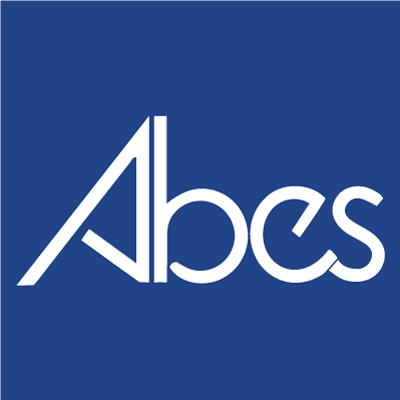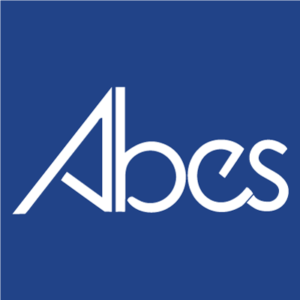Are you thinking about a career in healthcare? You’re not alone. Every day, thousands of people just like you consider the same path. Perhaps you’re motivated by a desire to help others, an interest in the science of health, or maybe it’s something else entirely. Either way, you’ve come to the right place.
Here, we share four key questions you should ask yourself before starting a career in healthcare. Let’s dive in!
1. What training will I need?
You may be surprised to learn that there are medical careers available for any level of education. You can work as support staff in the hospital without post-secondary schooling, or you can opt for more patient-oriented roles by completing a diploma or degree first.
In Alberta, there are actually dozens of healthcare career options. That means you aren’t stuck with just being a nurse or a doctor. All you need to work in the healthcare field is a caring personality and a “family first” attitude.
Don’t know where to start? You should do our Career Quiz to select which career is the best fit for your personality. Depending on the career you pursue, your training can be as quick as 5 months.
Typical starting wages in Alberta Health Services are:
- Health Care Aide $20/hr
- Community Support Worker $19/hr
- Unit Clerk $25/hr
- Medical Lab Assistant $23/hr
- Medical Device Reprocessing Tech. $23/hr
Training programs can be very demanding on your energy and time, so plan ahead.
2. Do I have the personality for the job?
Different medical professions need different skills and strengths, but they share some traits. For one, you need to be able to work under pressure and handle a lot of responsibility.
Most importantly, you must realize that a person’s health and sometimes their life depend on the quality of your work. Plus, most roles demand excellent teamwork and communication skills. You will work with people of all age groups and cultural, ethnic, and religious backgrounds.
You will also often have to work long and odd hours, which requires a lot of flexibility and resilience. A career in the medical field is challenging. For people who are caring and empathetic, it is, without a doubt, very rewarding.
3. Where do I want to work?
This is an important question since not all healthcare settings are the same.
If you want to work on the front lines, you might want to work in a hospital, care facility, or clinic.
If you’re good with children, you could work as a Community Support Worker in a resource center. CSWs also work with disabled people in their homes or in care facilities.
If you want to assist senior citizens, you should become a Health Care Aide. As an HCA, you could work in a hospital, an assisted living community or long-term care facility.
Like science? Medical Lab Assistants work in hospitals, diagnostic testing laboratories, clinics, and research centers. Their duties include collecting blood specimens, reception duties, and inputting and analyzing data.
If you do not want to interact with patients, you could work as a Medical Device Reprocessing Technician. They work in sterile processing departments and do not interact with patients at all.
4. What kind of healthcare job do I want?
Deciding what healthcare career you want is an important first step. There are several kinds of medical careers, such as:
- Clinical careers (frontline professionals like Health Care Aides and Medical Lab Assistants).
- Clinical support careers (clerical workers like Unit Clerks).
- Corporate medical work (such as legal, IT, and finance).
- Physicians (doctors and surgeons who need years of training).
If you’re good with people and like teamwork, you could also work as a Community Support Worker. If you’re a very meticulous and well-organized person, you would be an ideal Unit Clerk or Medical Office Assistant.
Start Your Career in Healthcare at ABES today!
Ready to take your next step into the world of healthcare? ABES College is here to guide you through every stage of your journey. Reach out to us today to learn more about how ABES College can help you realize your dreams.
Originally published on 2020/09/17. Updated on 2024-01-29.


